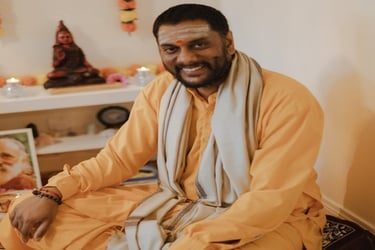Diwali
Celebrate the Festival of Lights in Sweden!
Diwali in Sweden
In Sweden, Diwali is celebrated with great enthusiasm by the Indian community and an increasing number of Swedes who join in to share the joy and cultural richness of the festival. Vibrant events are hosted across Sweden featuring traditional Indian music, dance, food, and the lighting of diyas to symbolize the victory of light over darkness. The celebrations serve as a beautiful cultural exchange by blending Indian traditions with Swedish hospitality, where people from both communities come together to celebrate unity, diversity, and the spirit of Diwali in a warm, inclusive atmosphere.

Swedish PM Ulf Hjalmar Kristersson greets the Indian diaspora with his message on Diwali
Ambassadors greet Indians



Indian Ambassador to Sweden H.E. Anurag Bhushan greets the Indian diaspora
Swedish Ambassador to Qatar H.E. Gautam Bhattacharyya and Dr. Devika Rangachari
Swedish Ambassador to India H.E. Jan Thesleff celebrates Diwali
Indian diaspora relays its greetings

Collage of Happy Diwali greetings - Part I
Galaxy of greetings
Celebrating the Festival of Lights in Sweden










Collage of Happy Diwali greetings - Part II
Collage of Happy Diwali greetings - Part III






FAQs
1. What is Diwali?
Diwali, also known as the Festival of Lights, is one of the most important and widely celebrated festivals in India. It symbolizes the victory of light over darkness and good over evil. People celebrate by lighting lamps, decorating homes, sharing sweets, exchanging gifts, and spending time with family and friends.
2. When is Diwali celebrated?
Diwali follows the Hindu lunar calendar and usually falls between October and November each year. The exact date changes annually. The festival typically lasts five days, with the main celebration occurring on the third day.
3. Why do people light lamps during Diwali?
Lighting diyas (oil lamps) represents the triumph of light over darkness and knowledge over ignorance. It is also said to welcome prosperity and positive energy into homes.
4. Is Diwali only a Hindu festival?
While Diwali is most closely associated with Hindu traditions, it is also celebrated by Jains, Sikhs, and some Buddhists, each with their own historical and spiritual meanings. For example, Sikhs commemorate the release of Guru Hargobind Ji from imprisonment, and Jains mark Lord Mahavira’s spiritual liberation (nirvana).
5. How do people celebrate Diwali?
Celebrations vary, but common traditions include cleaning and decorating homes, lighting lamps and candles, performing religious prayers (puja), enjoying festive foods and sweets, and spending time with loved ones. Fireworks and colorful displays are also popular in many places.
6. What do people eat during Diwali?
Food plays a central role in Diwali! Families prepare or buy a variety of sweets like ladoo, barfi, and jalebi, as well as savory snacks. Sharing food with neighbors and friends is a symbol of goodwill and community.
7. Do non-Indians celebrate Diwali too?
Yes! Around the world, including in countries like the U.S., U.K., Canada, and Sweden, many non-Indian people join Diwali celebrations organized by Indian communities. It’s a chance to experience Indian culture, enjoy delicious food, and take part in the joyful atmosphere.
8. Is Diwali like Christmas or New Year?
In a way, yes, Diwali carries a similar sense of joy, togetherness, and generosity. It marks new beginnings and the renewal of hope, much like Christmas or New Year do in Western traditions.
9. What are good ways to wish someone for Diwali?
You can say “Happy Diwali!” or “Shubh Deepavali!”, which means “Auspicious Diwali.” It’s always appreciated when people show interest or share good wishes during the festival.
10. How can I respectfully take part in Diwali?
If you’re invited to a celebration, wear bright, modest clothing, bring a small gift (like sweets or flowers), and join in lighting a lamp if invited. Be open to learning as it’s a celebration of positivity and inclusion, so everyone is welcome!


Volunteers who made this possible
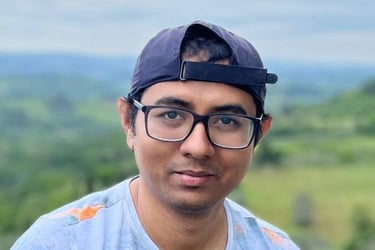

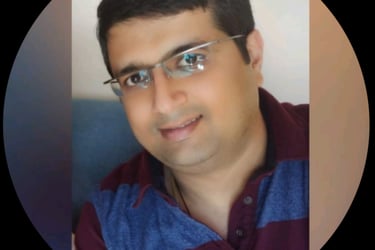

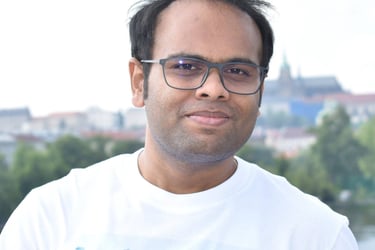

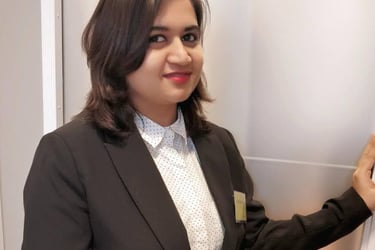

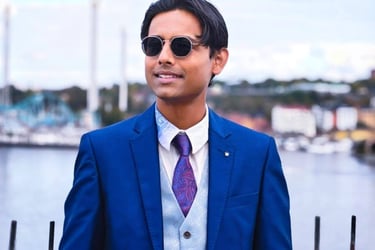

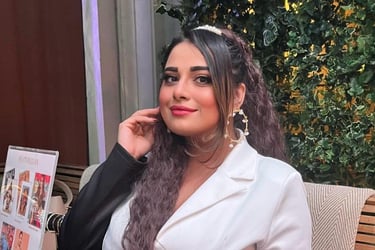

Abhinandan
Kunal
Krunal
Navman
Priyanka
Sujata
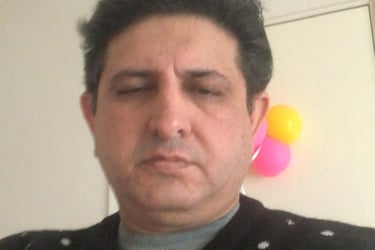

Snehasis
